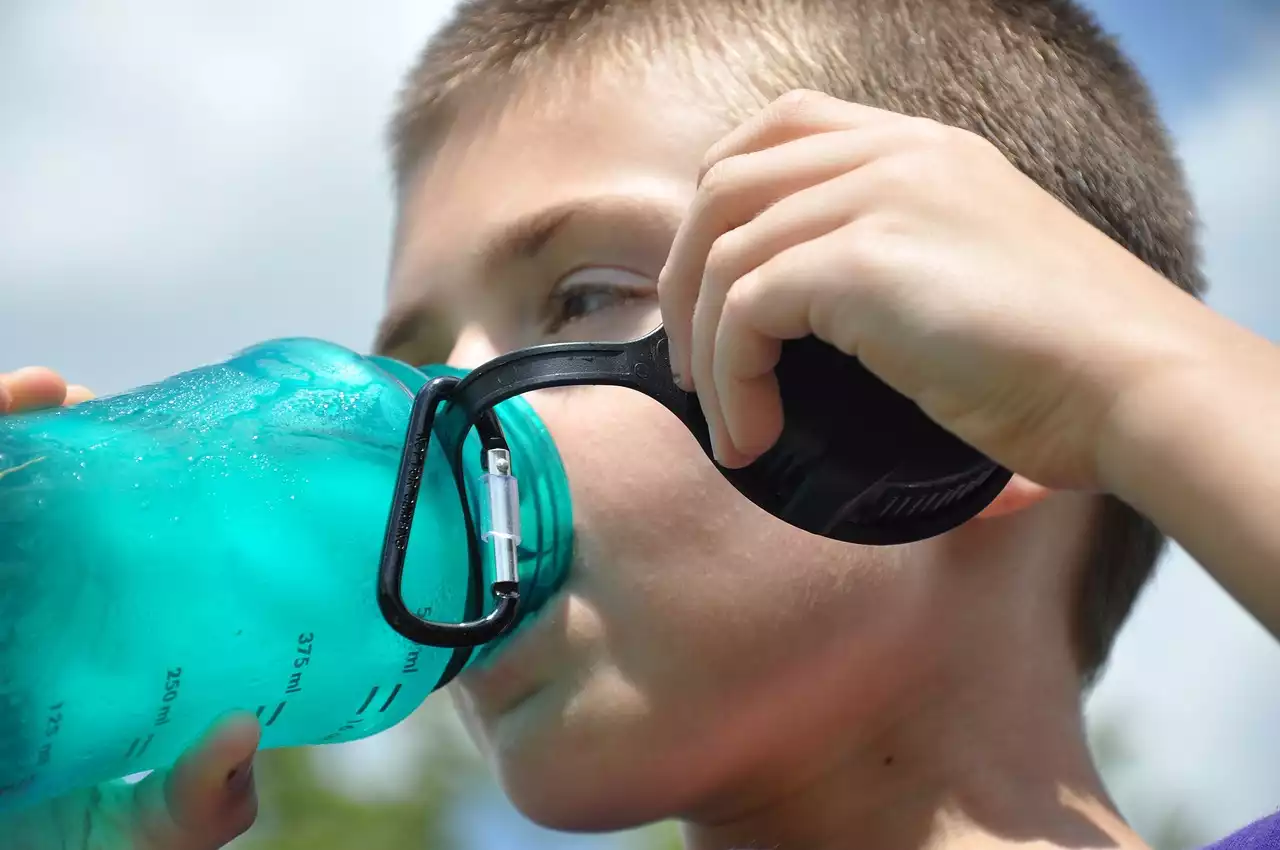The science behind hydration
Before we dive into the importance of hydration for runners, it's important to understand the science behind it. Your body is made up of around 60% water, and water is essential for a variety of bodily functions. It helps regulate your body temperature, aids in digestion, and allows nutrients and oxygen to be transported throughout your body. When you exercise, your body loses water through sweat, and it's important to replenish it to avoid dehydration.
Water is also important for maintaining the balance of electrolytes in your body. Electrolytes are minerals that help regulate bodily functions and are essential for muscle and nerve function. Sodium, potassium, and magnesium are all electrolytes that are lost through sweat during exercise, and it's important to replace them through proper hydration.
The importance of hydration for runners
As a runner, staying hydrated is crucial for both performance and health. When you're dehydrated, your body has to work harder to maintain its functions, which can lead to decreased energy levels and poor performance. Dehydration can also lead to muscle cramping, which can be especially painful during a long run or race.
Proper hydration can also help regulate your body temperature during exercise. When you sweat, your body cools down through the process of evaporation. However, if you're dehydrated, your body can't produce enough sweat to cool down, leading to heat exhaustion or even heatstroke.
In addition to performance benefits, proper hydration is also essential for overall health. Dehydration can lead to kidney problems, urinary tract infections, and even seizures in severe cases.
Signs of dehydration during running
It's important to recognize the signs of dehydration during a run so that you can take action to prevent it. Thirst is the most obvious sign of dehydration, but it's important to stay ahead of it by hydrating before you feel thirsty. Other signs of dehydration include dry mouth, headache, dizziness, and fatigue. If you experience any of these symptoms, it's important to stop running and hydrate immediately.
How much water should runners drink?
The amount of water a runner should drink depends on a variety of factors, including body weight, sweat rate, and environmental conditions. As a general rule, runners should aim to drink half their body weight in ounces of water per day. For example, a 150-pound runner should aim to drink 75 ounces of water per day.
During exercise, runners should aim to drink 6-8 ounces of water every 20 minutes. If you're running for longer than an hour, it's important to replenish electrolytes as well. Sports drinks are a good option for replenishing electrolytes, but it's important to choose one with a low sugar content to avoid stomach upset.
Electrolytes and hydration for runners
Electrolytes are essential for proper hydration during exercise, as they help regulate bodily functions and aid in muscle and nerve function. Sodium, potassium, and magnesium are all electrolytes that are lost through sweat and need to be replaced through proper hydration.
Sports drinks are a good option for replenishing electrolytes, but it's important to choose one with a low sugar content. Many sports drinks contain high levels of sugar, which can lead to stomach upset during exercise. Look for a sports drink that contains around 14 grams of carbohydrates per 8 ounces of fluid.
Hydration strategies during long-distance running
Hydration strategies are especially important during long-distance running, as dehydration can lead to decreased energy levels and poor performance. Here are some hydration strategies to keep in mind during long-distance running:
- Start hydrated: Make sure to hydrate adequately in the days leading up to a long run.
- Carry water: Bring a water bottle or hydration pack with you on your run to ensure you have access to water whenever you need it.
- Plan your route: Plan your route around water fountains or convenience stores where you can refill your water.
- Use electrolyte supplements: Electrolyte tablets or gels can be a good option for replenishing electrolytes during long runs.
The best drinks for hydration during running
Water is the best option for hydration during running, but sports drinks can be a good option for replenishing electrolytes during long runs. Look for a sports drink with a low sugar content and around 14 grams of carbohydrates per 8 ounces of fluid.
Coconut water is another good option for hydration, as it contains natural electrolytes and is low in sugar. However, it's important to note that coconut water can be high in potassium, which can be dangerous for people with kidney problems.
Foods that can help with hydration
In addition to drinking water and sports drinks, certain foods can also help with hydration. Fruits and vegetables with high water content, such as watermelon, cucumbers, and strawberries, can help replenish fluids lost during exercise. Soups and broths can also be a good option for hydration, as they are high in water and electrolytes.










